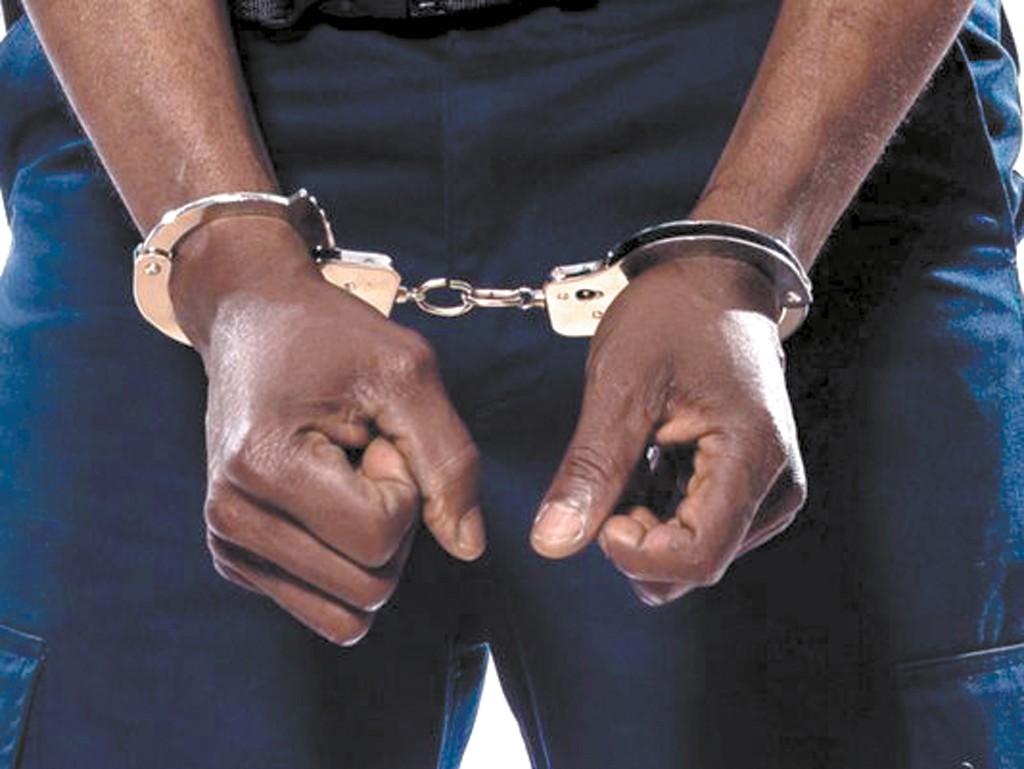When carrying out such a procedural action as detention, it is important to observe the maximum terms for its implementation. It is important for the bodies carrying out this process to know how the period of detention is calculated and at what point it begins.
The concept
The fifteenth paragraph of the fifth article of the Criminal Procedure Code of the Russian Federation establishes that detention is the actual deprivation of freedom of movement of a citizen who is suspected of committing a criminal offense. Its implementation is carried out in strict accordance with the procedure defined by the Code. The period of detention is calculated from the moment of actual deprivation of a person’s ability to move freely.
This measure is a coercive measure in relation to a potential criminal. Its use is allowed by a certain circle of subjects (law enforcement agencies and other bodies). The maximum period of detention of a suspect is calculated in hours and cannot exceed forty-eight hours. If during this period the citizen’s guilt has not been proved, they must release him.
Some jurists determine that the period of detention of a suspect is calculated from the moment he is brought to the interrogating officer or investigator. Such a measure is of a short-term nature.
Grounds for the procedure
A person who is considered a suspect may be detained for the following reasons:
- the suspect was found at the scene of the crime;
- there are testimonies that the person committed a criminal offense;
- evidence was discovered on things or in the citizen’s living quarters that indicate that it was this person who committed the criminal offense.
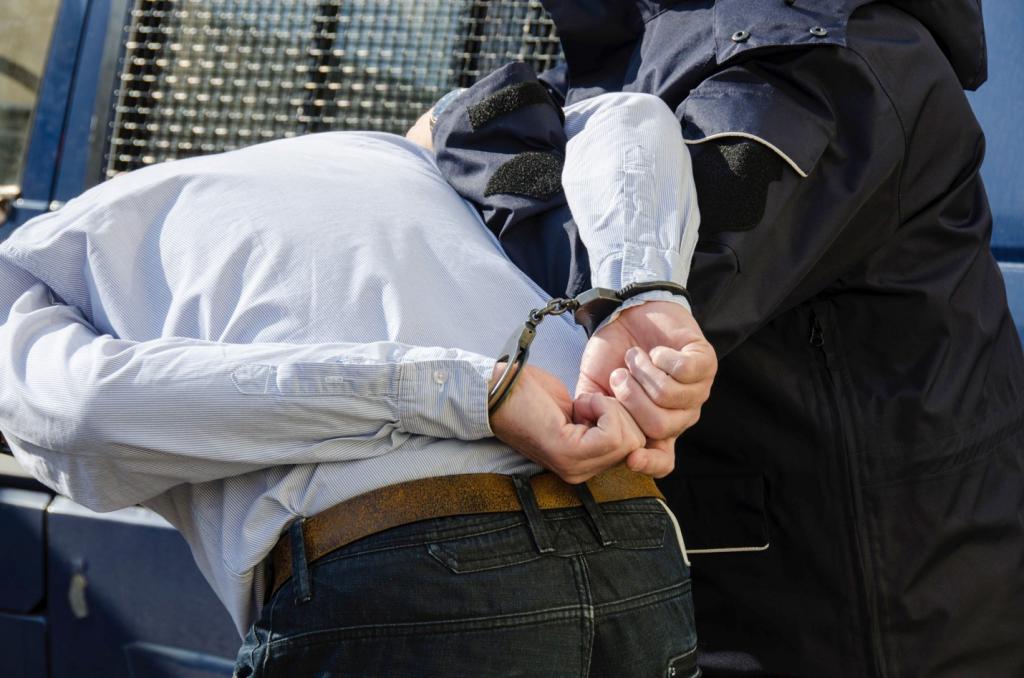
Besides the reasons, the reasons for the detention are also important. These include:
- Attempts to hide made by a suspected citizen.
- The identity of the suspect or residence (registration) has not been established.
- The investigator received the approval of the prosecutor for this event.
In the presence of one of these reasons, the period of detention is calculated on the same grounds.
Evidence of the legality of the procedure
A longer period of a person’s detention is calculated from the moment the investigating authorities established that he was involved in a criminal offense. In addition, investigators must immediately obtain permission to carry out this procedural action.
Restrictive measures are applied in the following cases:
- the accused reported that he committed a criminal offense was implemented in complicity;
- eyewitnesses to the crime indicate the involvement of a specific person;
- investigation authorities established the real involvement of the detainee in the commission of a crime on the basis of evidence;
- the citizen fully fits the description given by the witnesses.
In these cases, the period of detention is calculated from the moment the citizen was deprived of his freedom of movement.
Types of detention
To establish from what moment the period of detention is calculated, it is necessary to know its varieties. Russian law establishes two types of detention: administrative and criminal.
The administrative type is applied when it comes to the deprivation of liberty of a person until the time of consideration of a case of an administrative offense committed by him.The period of administrative detention of a person shall be calculated from the moment of the actual application of restrictive measures in relation to the movement of the guilty person and the compilation of a protocol of detention. The duration and types of terms, depending on the severity of the offense, are enshrined in the relevant Code.
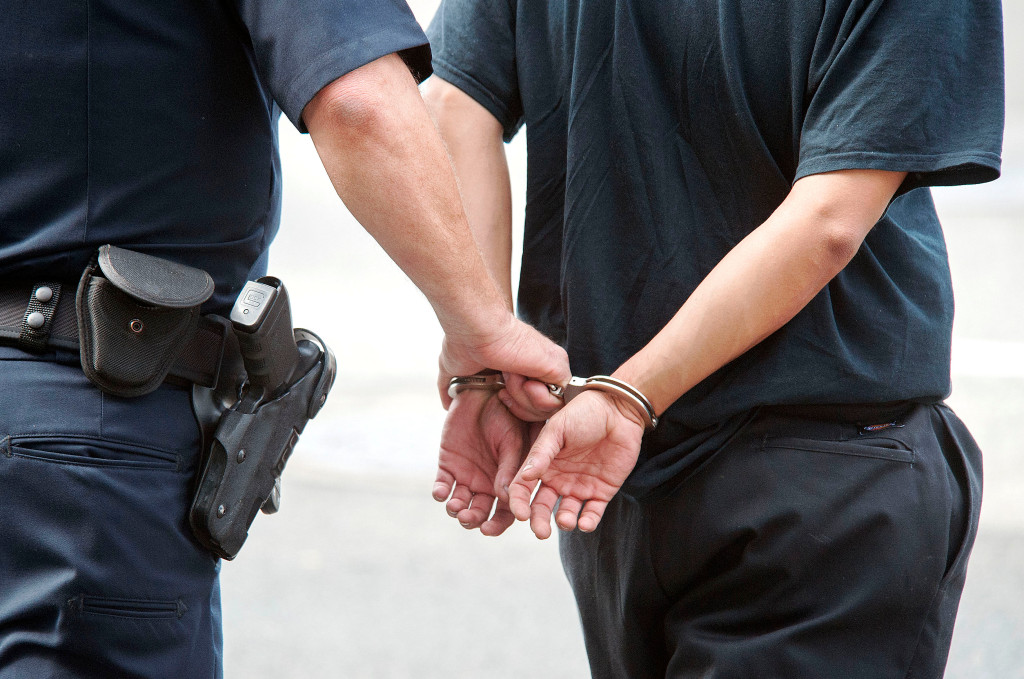
The criminal type of detention is used in situations where a person is suspected of committing a criminal offense. The term of such a measure, in contrast to the term of administrative detention of a person, is calculated in the short-term period (in hours), since it is a temporary restrictive measure.
The time limit for freedom depends on the type of detention and the reason for its implementation.
The essence of the administrative type procedure
Having considered from what moment the period of administrative detention is calculated, the essence of this concept should be determined.
This type has many nuances, depending on the reason for imprisonment and the gravity of the offense. The minimum period of administrative detention is three hours (if it is a mild offense). The maximum duration of enforcement measures is up to 48 hours.
With regard to the length of the detention time, there are a number of features. For example, if an offense committed by a citizen has signs of an encroachment on the Russian border, the grounds for depriving a person of freedom of movement change, and the term and procedure for calculating it remains the same.
In administrative cases, there are features of how the period of detention is calculated, depending on the identity of the perpetrator. One such example is the delivery to a police department of a citizen while intoxicated (toxic, drug or alcohol types). In this case, the period of administrative detention is calculated from the moment a person is completely sober up, when he can adequately perceive what is happening around him and his actions.

The administrative type of detention in some cases does not begin to flow from the moment of the actual arrest of a citizen, although this is fixed at the legislative level. Since one of the conditions for the beginning of the term is the compilation of a protocol, in exceptional situations, arrest is made until the countdown of the detention period. This is due to the fact that it is not always possible to draw up a protocol at the place of arrest. In this case, the document is compiled upon arrival at the police department, and the period of detention is calculated from the moment of its preparation.
Law enforcement
After the administrative type of detention has been carried out and the corresponding protocol has been drawn up, a period of 48 hours begins (in some cases less).
After the maximum time of arrest has expired, the citizen must be charged or released. If during this period evidence of a person’s guilt was found, a preventive measure shall be taken against him.
Further detention is not a measure in this case. Citizens can take a recognizance not to leave or apply a measure against him in the form of arrest at home.
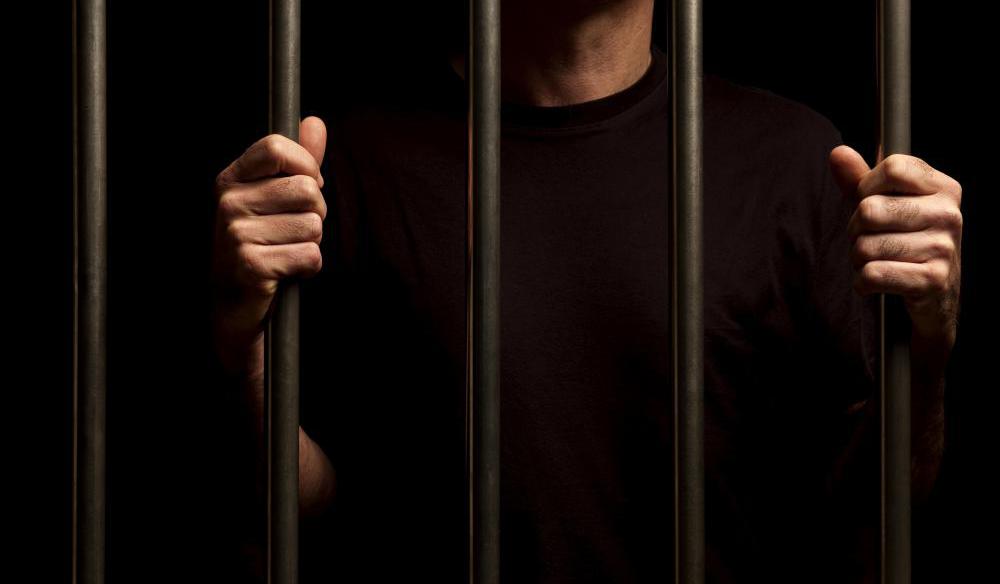
If a citizen has committed a crime of special gravity, he can be left in the place of detention until the announcement of the conviction. At the same time, such an arrest must be authorized by the court by issuing an appropriate decision.
Administrative Arrest Cases
After the detention of a citizen-violator, delivery to the police department and drawing up a protocol, in certain cases an administrative type of arrest is imposed on a person. Such cases include the following:
- petty theft;
- unsuitable operation of a car or other mode of transport;
- illegal sale of narcotic or narcotic drugs and substances;
- production without the appropriate permission of narcotic or narcotic drugs and substances.
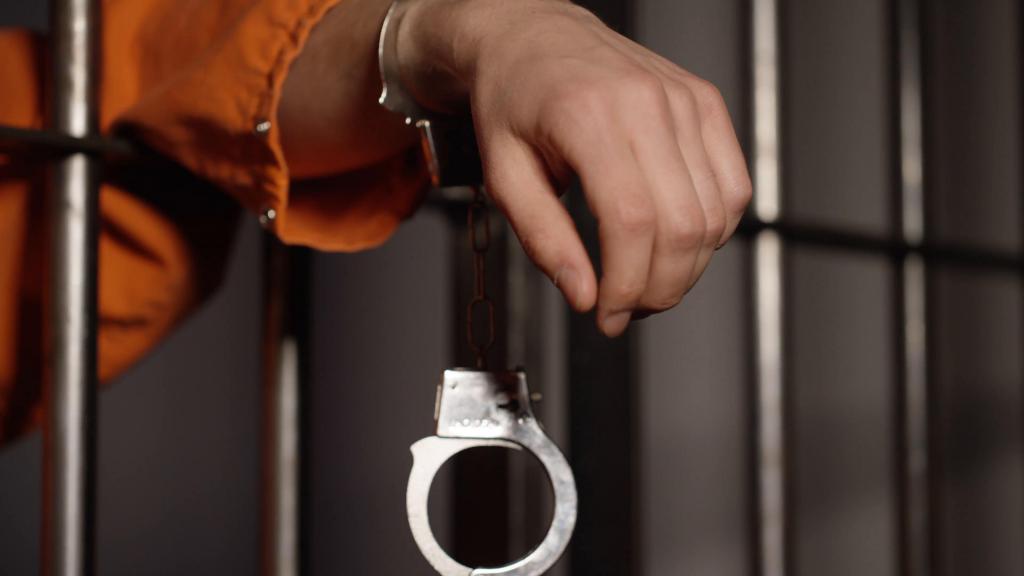
In each of these cases, 48-hour administrative detention is applied to the offender, and then a corresponding arrest of up to fifteen days. In any of these cases, the arrest must be accompanied by a written warrant.
The procedure for the detention and notification of third parties
Since the restrictive period begins to flow from the moment the protocol is drawn up, the subject of its determination is the official who carries out the process of applying the restrictive measure. The same subject draws up a protocol, investigates the case or transfers it to the investigator and further requests for an extension of the period of detention or arrest of the guilty person.
The period of transportation of the detainee to the police department during the period of detention is not included. Regardless of whether the person was caught near the police building or on the other side of the city, the term starts from the moment the person is taken to the police department.
When drawing up the protocol, the police officer must indicate not only the exact time of detention and information about the suspect, but also the motives for the action and its features (for example, resistance to arrest, presence of injuries not related to arrest, etc.). The particulars of the detention must be indicated in connection with the fact that the unlawful behavior of the arrested person affects the sanctions applied to him, and the presence of unlawful damage to him can be attributed to the account of the police officer.
After drawing up the protocol and placing the suspect in the cell, the police officer must carry out the following actions:
- Notify about the detention of the investigator before twelve hours.
- Give the detainee the opportunity to notify the next of kin about their whereabouts. If the detainee is a minor, the police officer himself notifies relatives, guardians or other legal representatives.
- Notify other persons, bodies or organizations (for example, the command of a military unit, if the detainee is a soldier; the secretary of the relevant Russian chamber, if it is a member of the supervisory public commission; the embassy (consulate), if the detainee is a citizen of a foreign state).
In some cases, notifying anyone about the detention is categorically not allowed. For example, if the investigation and all actions within the framework of the case should be kept secret. For such cases, the sanction of the prosecutor must be given for concealment of information.
Grounds for the release of a person
Early release of a detainee takes place in the following cases:
- there is no fault of the suspect in committing a crime or connection with him;
- upon detention, police officers violated the procedure for this procedural action;
- There are no grounds for depriving a citizen of liberty.
Timely release of the detainee takes place in the following cases:
- the court refused to extend the period of detention;
- the court ruled to deprive a citizen of liberty.
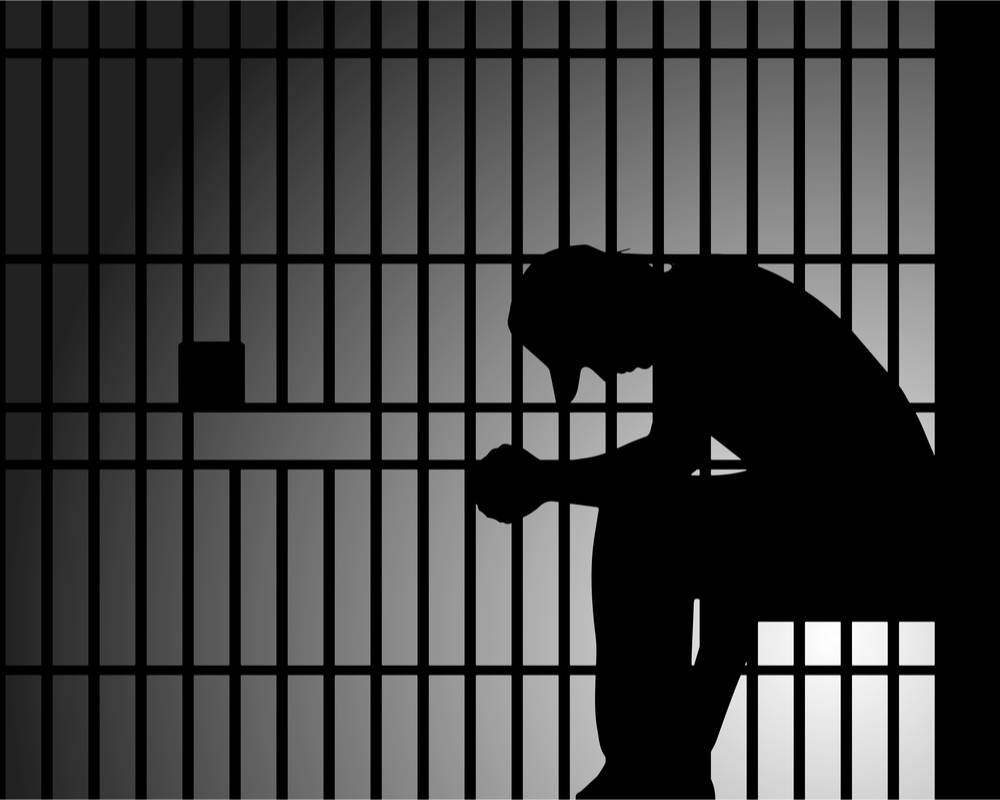
If the investigator sent a petition to the court about the need to extend the period of detention for another day due to the impossibility of making a final decision, the court makes a corresponding document (or refuses to extend the time).
After the term of restriction of freedom, the released citizen receives a certificate of time and period of detention, about his reason.
Citizen actions
In order to prevent violation of the terms of detention by police officers, the suspect must know his rights and the algorithm of possible actions. The detainee should remember the following:
- In the process, it is necessary to require documents from the policeman, as well as find out the reason for the implementation of this procedural action.Each citizen has the right to know what he is accused of, and each official must document his authority.
- The suspect has the right to ask the police officer to notify his immediate family about the fact of detention and the place of detention.
- When detaining, you must independently record the time for this procedural action.
- When signing the protocol, the suspect must carefully study all the information and data included in the document.
- A suspect shall be released upon expiration of the term of restriction of liberty if he is not charged with a specific charge and there are no grounds for extending the term.
- A detained person has the right, upon arrival to the police department, to seek legal assistance from a lawyer. If the suspect is unable to pay for the services of a third-party representative, the public defender is provided to him free of charge.
- When detained and while in the police department, the suspect should not be rude to the police, use violence and so on. Otherwise, certain sanctions will be applied to it.

The rights of a detainee include the following items:
- know the reason for the detention;
- use the services of a lawyer;
- give oral and written testimonies in the native language, even if it is not Russian;
- use the services of a translator (if necessary);
- study the protocol, sign or write disagreement;
- get a photocopy of the protocol;
- when the suspect is in the place of detention for more than three hours, he is entitled to receive a place of rest and food.
The terms of detention must be strictly observed by law enforcement agencies. The suspect, for his part, must monitor compliance with these deadlines and comply with the rules of conduct during detention.
